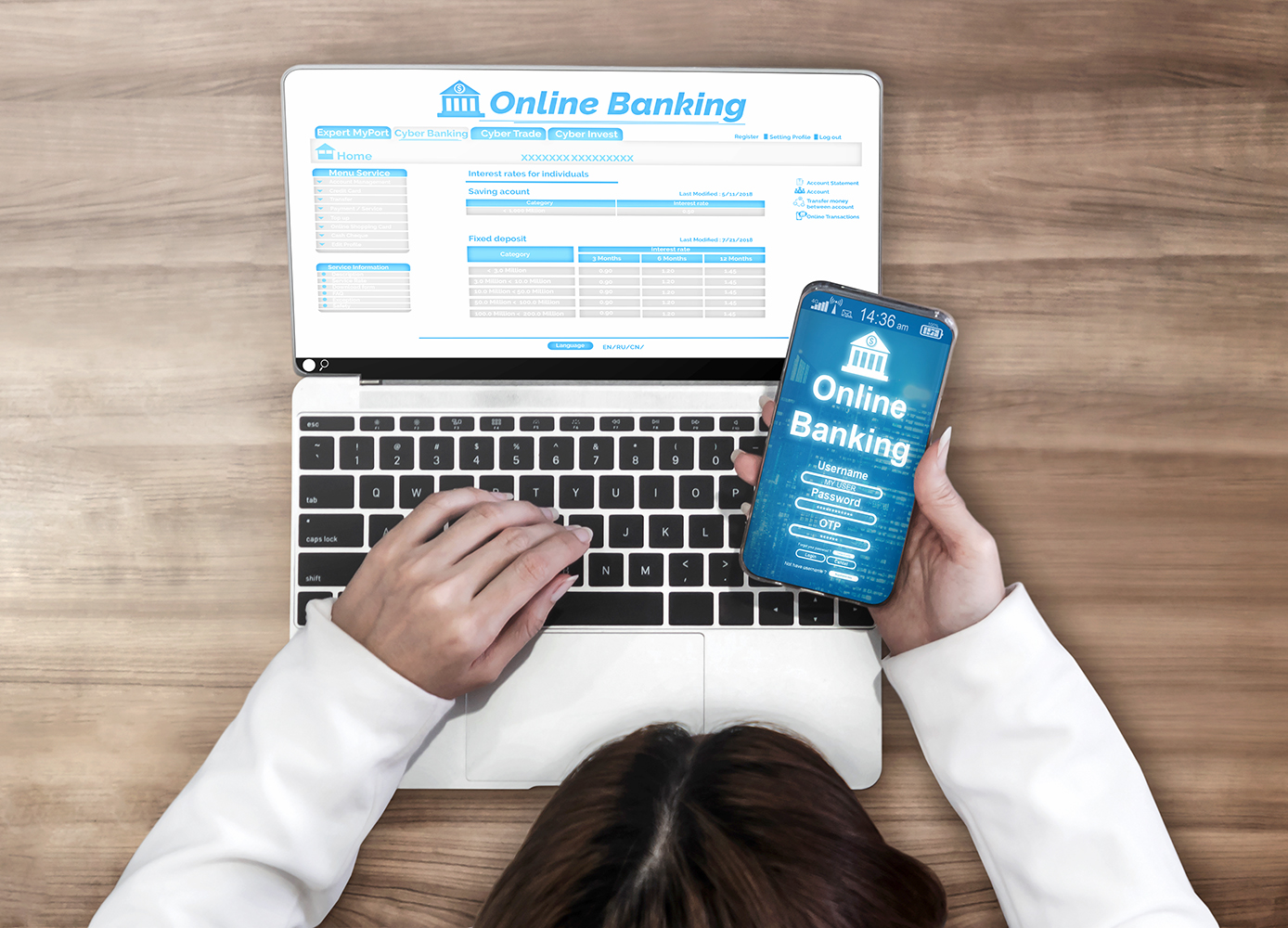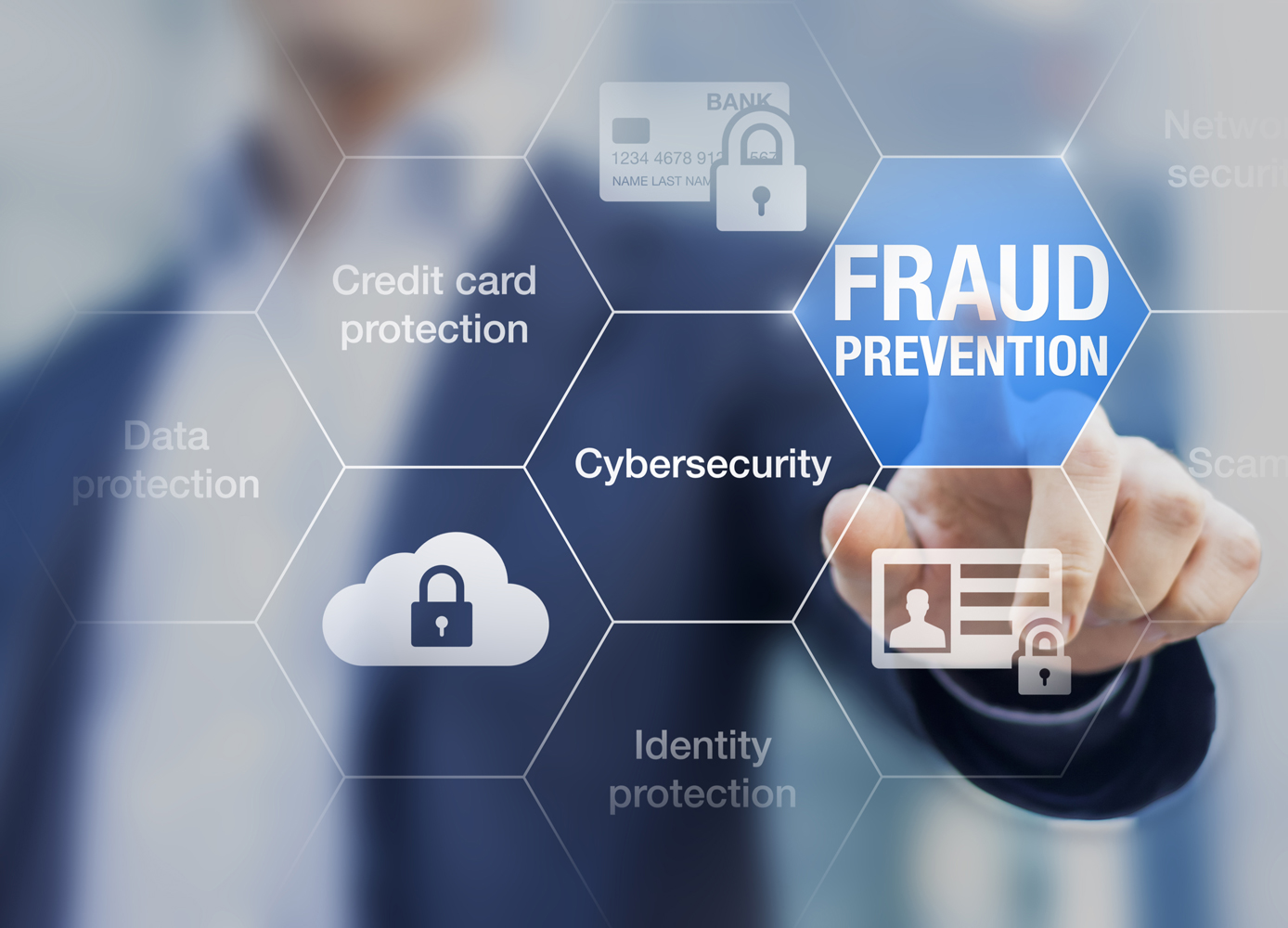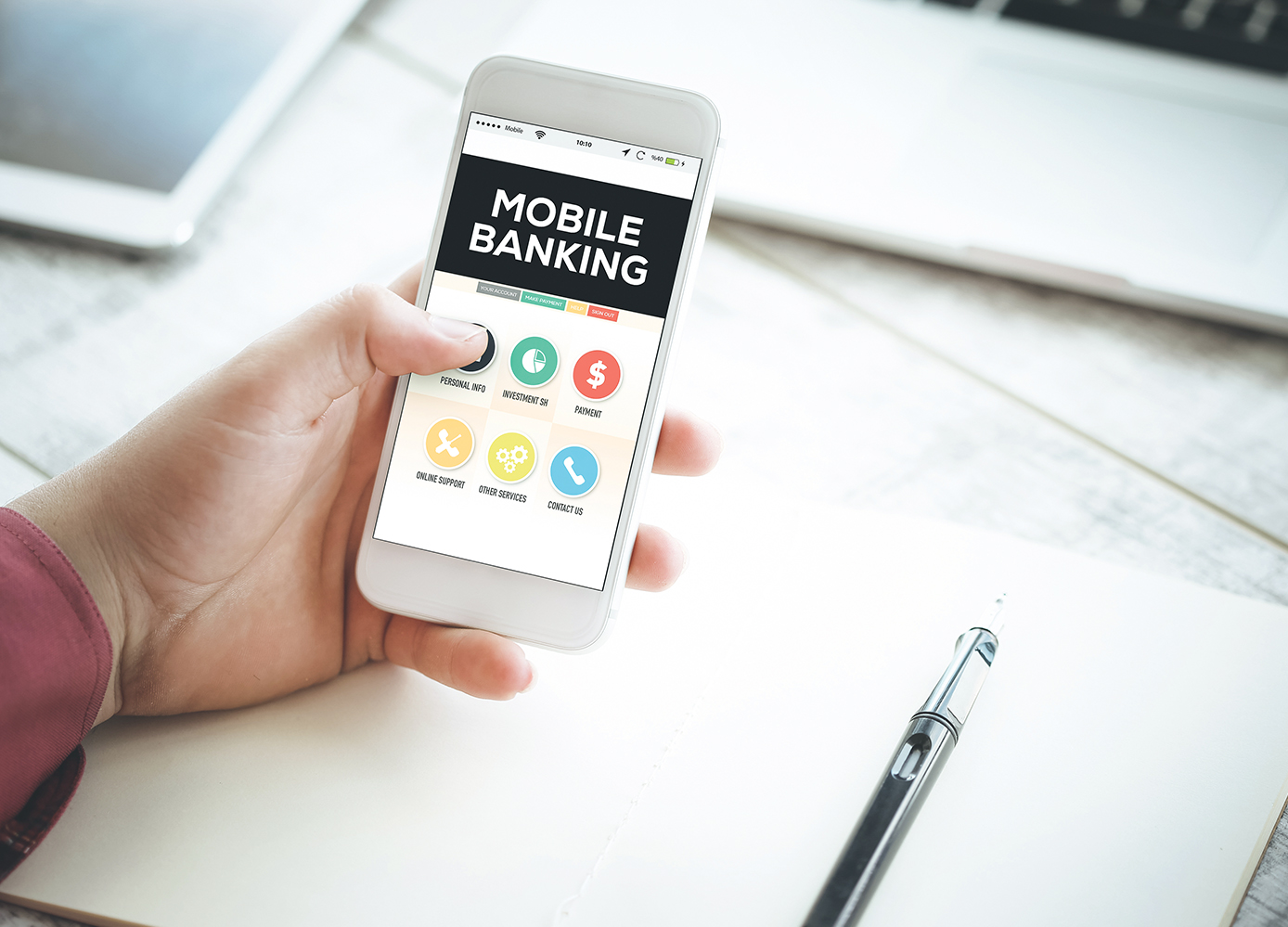Banking Online, Part II: If the bad guys can get your data, they can pose as you—and access your money
By Olev Edur
As you read this article, many thousands of people around the world are sitting at their computers devising schemes for getting at your personal information: birthdates, addresses, social security numbers, bank and other account numbers, and of course, passwords. It’s all fodder for cyber-crooks because if they can get enough info to pose as you, they could run up your credit cards, drain your bank and investment accounts, and even poach your tax return or take out a mortgage on your home.
How do they get this information?
“Human imagination and creativity are endless when it comes to stealing things,” said Peter Keane, a dean emeritus and professor at the Golden Gate University College of Law (San Francisco campus), in an October 2019 interview with wallethub.com, a US financial website.
Crooks go to any lengths, ranging from infecting and monitoring your computer and rifling through your trash in search of utility bills and credit card statements to lifting your wallet on a crowded bus. And of course these days, social media has proved a treasure trove of useful information for cyber-criminals.
You can allow “malware” (malicious software that interferes with or otherwise monitors your computer’s system) into your computer a number of ways—visiting an infected website, opening an infected e-mail attachment or link, downloading a corrupted app, and using an infected USB drive. One of the most common approaches—phishing—involves tricking you into clicking a link in an e-mail, which may then lead to what looks like a familiar website (unless you look closely) where you’re asked for information that allows the bad guys to gain access to your real accounts. A less common practice—pharming—involves hijacking a real website’s address so that when you go there, you’re redirected to a bogus site where, again, the target is your personal information.
Under normal circumstances, the losses due to any unauthorized debit incurred online are covered by your bank agreement, but even so, it can take months or longer to sort out the resulting mess. And if you’ve been careless, they may not cover you.
There are three ways to improve your cyber-security: create strong passwords; be circumspect in your online dealing; and keep your devices up-to-date and protected. For more details, check out our recent article “Bank Online With Peace of Mind.”
Photo: iStock/Blue Planet Studio.






